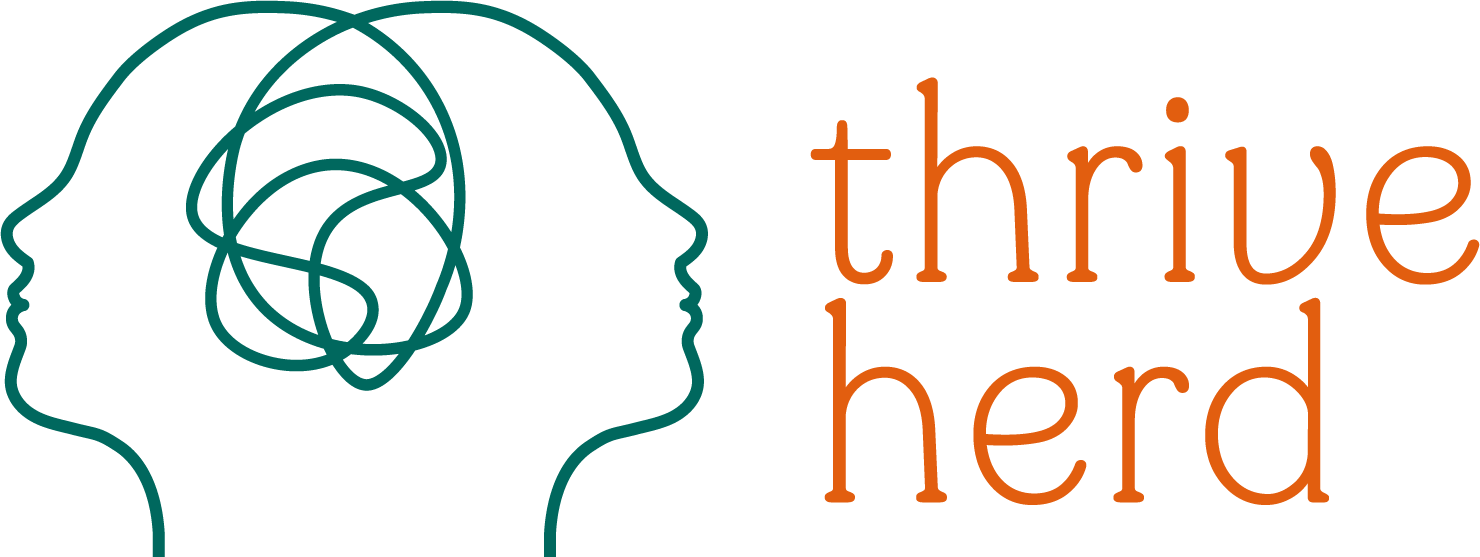You know you want to find careers that make a difference – you want to have a positive impact and turn the world into a better place. But it’s not straightforward – you don’t know exactly what difference you want to make (in other words, you don’t know what your Thing is.) And even if you did know your Thing, you’d struggle to know how to find jobs that help people or the world around us.
And that’s frustrating – you feel that once you know your Thing you’ll be able to start your engines, motor forward, and give back.
But slow down a second. Even when you’ve put your finger on your Thing (cough), how are you actually going to achieve it? Yes, you might end up identifying tons of careers that make a difference, but what kind of role or activity is right for you? In other words, what will be your Method?
You’ll also need to know the best path for you to achieve your impact. Are you a Juggler, an Explorer, or a Hunter? Unless you’re intent on suffering for your cause, you also need to know which path is right for you and all the other areas of your life. You need to know your Impact Style.
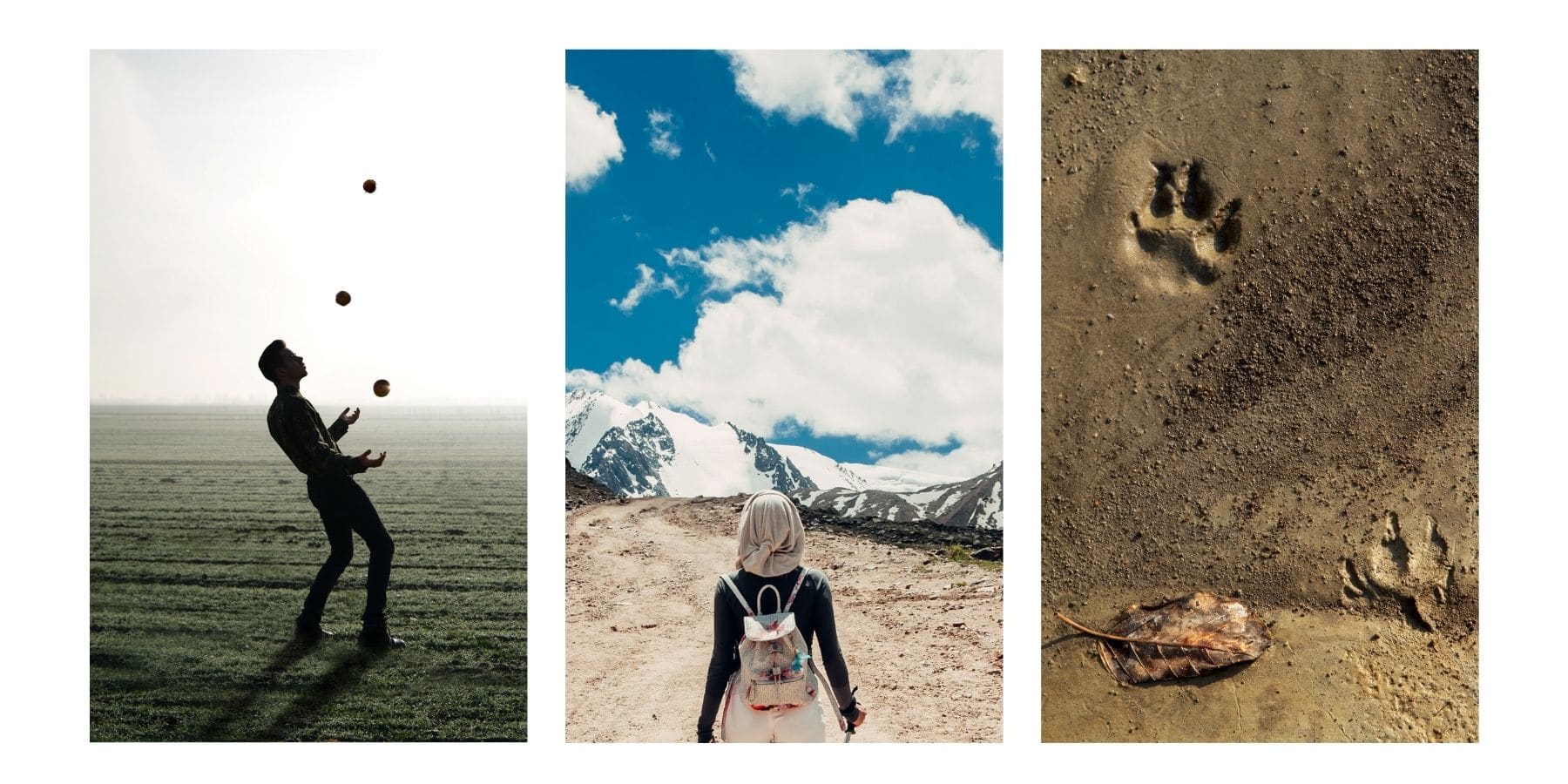
And once you know what difference you want to make, how you want to make it, and the right path to take, you wonder: where does the path lead? Finding the best jobs that help people (or animals, or the environment, or whatever twists a knife in your gut) becomes easy when you look in the right places.
In this article, I’ll show you how to:
- Find Your Thing
- Know Your Make-A-Difference Method
- Choose Your Impact Style
- Discover Careers That Make A Difference
1. Find Your Thing
It probably won’t surprise you to know that the answer to your impact and legacy is in your own head – or heart, or gut, depending on how you look at it. Perhaps that makes it all the more frustrating – the answer’s right there, but you can’t see it. But that’s OK. I’m going to help you.
To tap into your own hidden knowledge and find your Thing, you need to go time travelling:
- The PAST: what you HAVE cared about
- The PRESENT: what you DO care about
- The FUTURE: what you WILL care about
The PAST: what you HAVE cared about
Whether you feel your life and career so far have been driven, haphazard, deliberate or accidental, nothing is wasted.
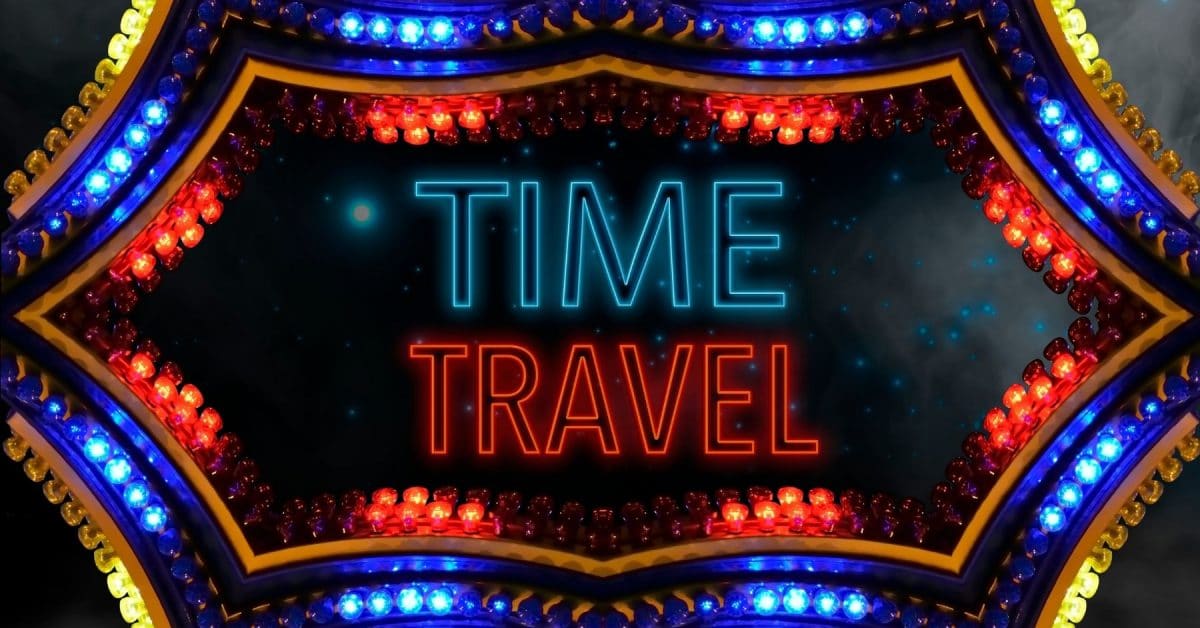
Your previous choices, decisions and regrets will give you a clue about what’s deeply important to you. Look back to earlier forks in the road.
- What choices have you made?
- What subjects have always instantly moved, angered or upset you?
- What big upsets have there been in your life or the life of those around you?
- What have you yearned for?
- What has always got you so emotional that you avoid talking about it with anyone?
The Present: What You DO Care About
Most of us would say we definitely know what we care about. We might even feel a bit offended by someone asking. But if you were challenged, right now, to list the top three things that matter to you in life, could you do it?
If not, getting clear on your top values will help steer you when it comes to making best use of your career to make a difference to the world.
The Future: What You WILL Care About
Close your eyes. Imagine you’re 80 years old, sitting at home, and an invitation drops through the letterbox (or, you know, is delivered by drone). You’re invited to a special gathering celebrating your life and work.
So you get dressed up with the help of your significant other to do up all those buttons, travel to the venue and take your seat in the front row to hear people you’ve known all your life talk about you in warm, glowing tones.What do you want to hear them say?

Do yourself a favour, and don’t allow this to remain vague. “Geraldine really made a difference to other people” ain’t gonna cut it. “Jimbo did a job that helps people” will leave you feeling short-changed. Wishy-washy statements are not allowed. Use the answers from your past and current values to guide you.
So instead of saying you “made a difference”, get specific. Exactly what difference did you make? Made the world better how? Which kind of people in particular did you help – the young, the old, the unwell, the disadvantaged, the persecuted?
You might not land on the perfect answer immediately, but try out a few versions, and learn something from the versions that feel better. What’s better about them? In what way are they closer to the right answer? What do they tell you about the kind of thing that’s closest to your heart?
2. Know Your Make-A-Difference Method
Once you know what you really care about, you need to pin down the ways in which you in particular, rather than other people, are going to make a difference. For now, it’s not about thinking of specific jobs where you help people or the world. It’s about the ways that you might achieve that.
Each of us brings something different to the party. What do you bring? For example, if you want to help women and girls in developing countries, would you be happier going there in person and working with people face to face, or does a more strategic or logistical role feel right? 
Look up! Your method is contained in the SKIES:
- STRENGTHS: what are you good at and enjoy?
- KNOWLEDGE: what expertise or personal perspectives do you bring, or could you learn?
- INTERESTS: what do you love to do?
- EXPERIENCE: what have you done in your career that might contribute to this cause? What lived experience do you have that would be valuable?
- SKILLS: what broad and technical abilities have you built up in your career so far, and which are transferable and relevant now?
Make lists of your SKIES factors, and tease out themes and correlations. Your impact method will be in the strongest overlaps.
3. Choose Your Impact Style
Are you a Juggler, an Explorer, or a Hunter?
There is no ‘right’ answer here. These styles are all as valid as each other – it’s about what’s right for you.
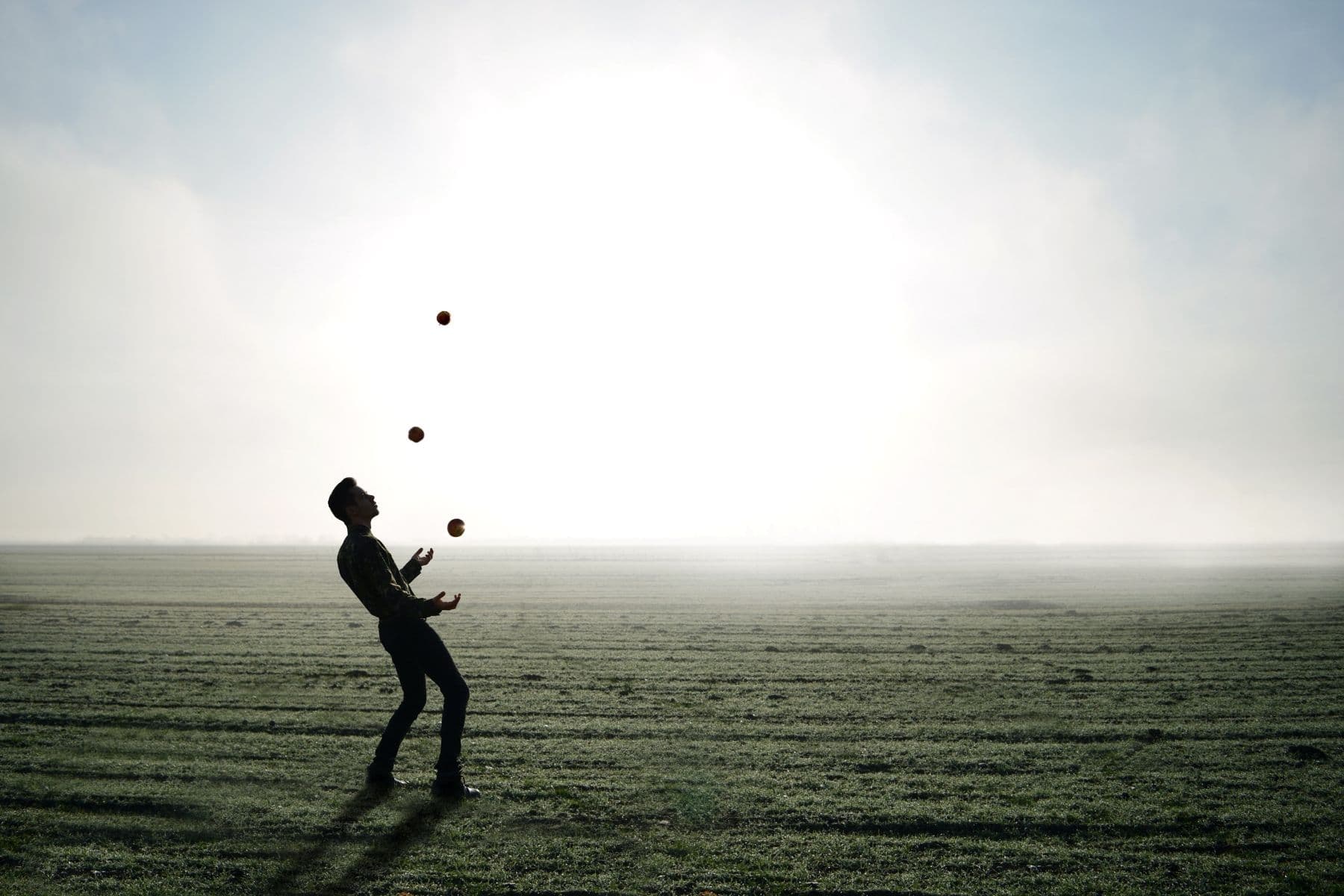
The Juggler
The Juggler is happy adding another ball and keeping them all moving round. Jugglers don’t feel any motivation to change their lives or careers in order to make a difference – volunteering or similar activities will do the job nicely. If you’re a Juggler, this is likely to be a long-term and perhaps demanding addition to your life, so make sure you stay on top of balance and time management, or your could end up diluting your impact on others and increasing your negative impact on yourself. You might find jobs that help people, but the same jobs might not help you.
The Explorer, in contrast, feels that a career change could well be on the cards, and that making a difference is likely to feature pretty highly in that transition. But she moves forward cautiously, following her nose, going off map.

The Explorer
The Explorer has worked out some of the things she cares about, but isn’t completely sure. So she steps forward into new places, testing and evaluating, and never losing her trail of breadcrumbs.
The Explorer is willing to let go of any pressure to find the perfect role – or even the right cause or mission. For her, finding jobs that help people or the world is a longer-term mission. She knows the first step she takes is unlikely to lead her straight to her ideal position, but it’s a step on the right path, and she can develop her onward career from there.
In practice, this means going slow and easy to begin with. If you’re an Explorer, you’ll avoid jumping straight into a lengthy retraining process or agreeing to drastic shifts like location or lifestyle changes.
As the London Business School tells us:
This is not a simple task: moving from one identity to another will take time and it won’t happen smoothly.
Successful career change takes time and isn’t neat. Big overnight leaps without supporting evidence risk leading you in a circle to end up right back where you started.
So Explorers might consider starting activity for two or three different ideas or causes, whether that’s volunteering, activism, blogging – while not dramatically altering your life at this stage.
The Hunter
The Hunter is a different animal. He knows what he wants and he’s determined to get it. The Hunter is confident he’s found what he cares about and he’s ready to make it happen. So he sets out immediately, armed with his CV and covering letter, tracking down the exact career opportunity he can smell on the wind. This means applying almost straightaway for a number of jobs that help people.
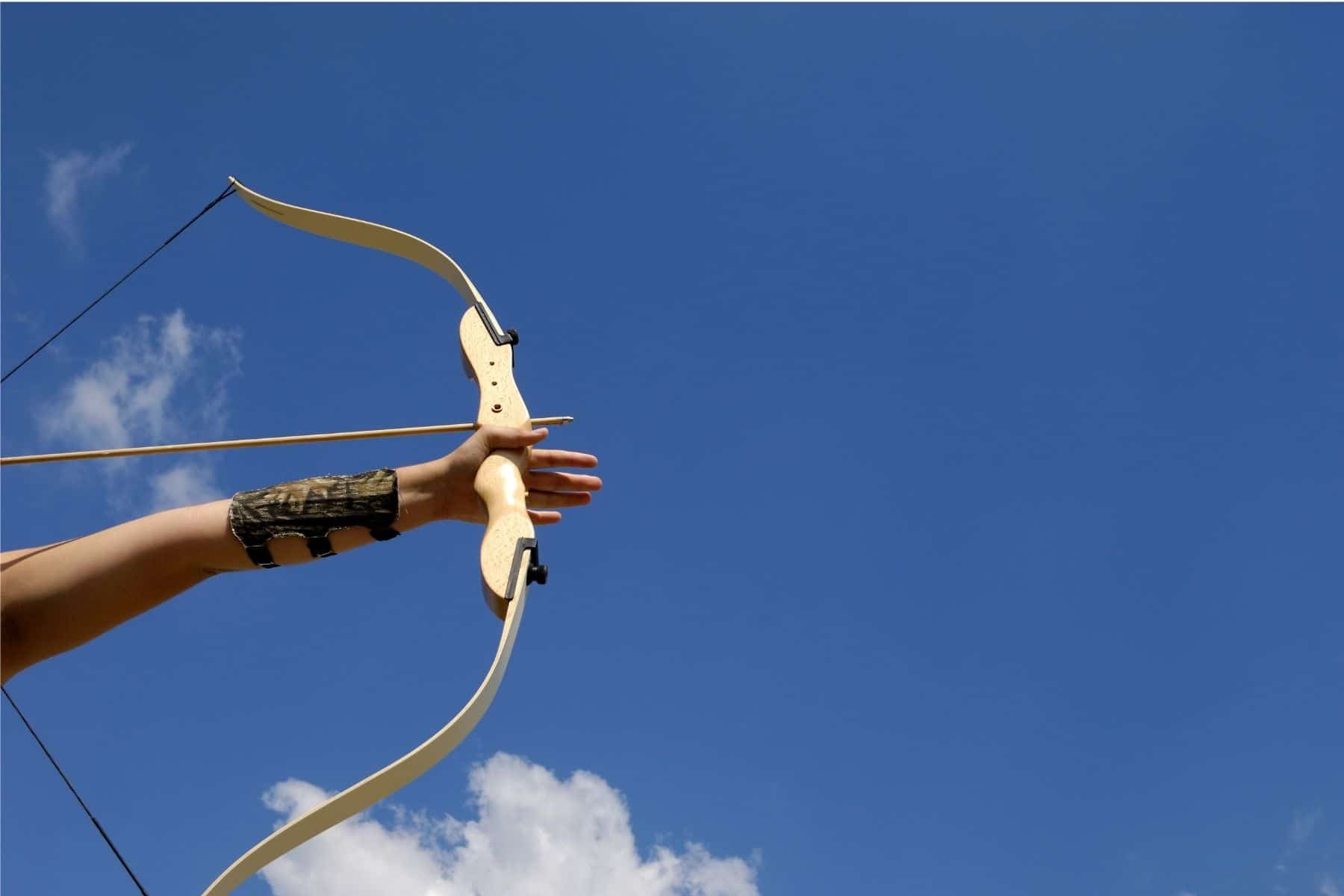
The Hunter will have to be sure he’s really thought this through, that his skills are desirable and transferable, and that he has the right experience in his target sector. He’ll also need to be sure he knows exactly what’s involved in a big career transition and that he’s confident it will still seem like a good idea a few years down the line.
As you might have gathered, being a Hunter is a risky move. I don’t recommend it unless you’re already an excellent match for your target role and can offer more value than other candidates already in the field. You also need to have done due diligence on your career options and fully considered the likely consequences on other areas of your life.
4. Discover Careers That Make A Difference
This is all very well, of course, but you need to know where to look for options and where the opportunities lie.
If you’re a Juggler, there’s less pressure to find a career option. But for Explorers and Hunters, this is a crucial step.
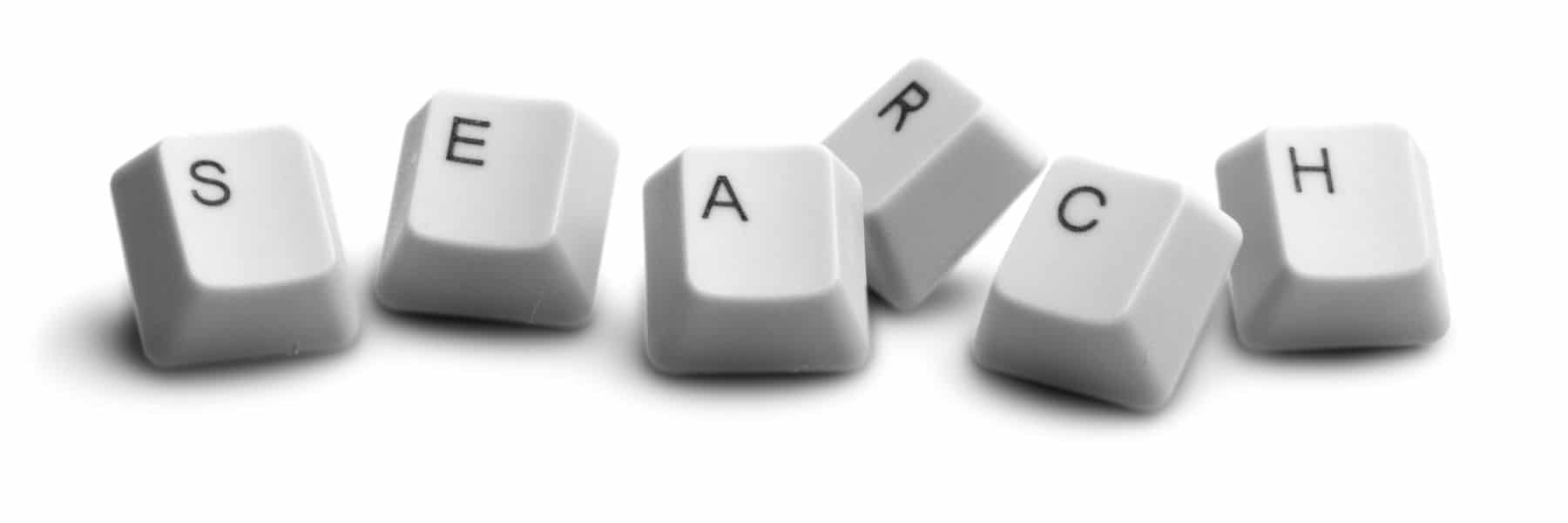
To begin with, take a look at this list of the world’s most pressing problems. Where could your experience, strengths and skills make the greatest potential difference? Here is a ready list of jobs that help people, and if you know your SKIES factors, you’ll be able to spot overlaps.
Also consider searching the directory of B Corps, companies committed to tackling the world’s greatest social and environmental challenges. You can search by location and filter by industry, to find opportunities that fit with your skills and interests. Who’s hiring? Now, it must be said that many of these aren’t immediately obvious as jobs that help people. But the companies are committed to responsible business practices, and each will have a different focus and mission. You’ll have to find the right balance for you.
Once you’ve seen this big picture perspective, try getting granular. What relevant charities, social enterprises or B Corps are commutable from your home, or offer remote working relevant to your preferred causes or values? For example, try running an advanced search of charities, applying filters wherever you can. Directories1include:
Global: Charity Navigator | CAF
UK: Charity Choice | Charity Commission
US: Charity Navigator | Guidestar
Canada: Canada Revenue Agency | Charity Data
Australia: ACNC | ChangePath
The choice may well be dizzying. Set yourself the task of writing a list of your top 3 to 5 ideas. Armed with this list and (unless you’re a Juggler) start two parallel searches: (a) jobs that help people or the world in a meaningful way for you – this means paid work – and (b) volunteering opportunities in the same areas.

The reasoning behind this is simple: to maximise your chances over time. Explorers and Hunters don’t want to look for volunteering alone, because you want to get your career change moving forwards, whatever the pace. So set up job alerts for vacancies that match your entry point and skill set, and get applying.
At the same time, it will be harder, to begin with, to land a role without lots of relevant experience. The minute you’re accepted as a volunteer it can go on your CV or resume and LinkedIn profile, and this gives you an instant advantage that will continue to grow over time, particularly if you can find relevant courses to take and contract or sessional work in your target field.
5. Finding Careers That Make A Difference – Conclusion
To make a difference in the world, you need to know a few key things.
The answer to what you deeply care about is hidden in your past, present and future: your stories, values and legacy. This answer may be well concealed, so you have to be ready to dig.
Your life and career so far have created a unique combination of skills, strengths, knowledge, motivations and experiences. Yes, really unique – there is nobody who can offer exactly what you do. It’s time to harness that value and apply it for the greater good.
But to make your impact truly felt, you’ll need to decide your path. Will you add to what you’re already doing, or start incrementally with low-stakes actions and build to a full career change from there? Or are you ready and suitable to find jobs that help people and take a leap right now? Your life stage may well play a part here – for example, career change can be very different in your 40s or older compared to when you’re in your 20s.
If you follow the steps in this article, you will know:
- What impact you want to have
- How you will make that impact
- What path you will take to make a difference
- Where to look for jobs that help people or the world around us
Now go and save the world!
No affiliation with or endorsement of links. Always check the credentials of charities and other organisations. ↩
